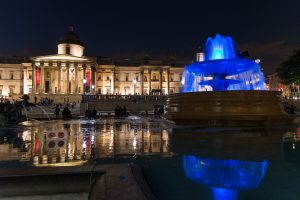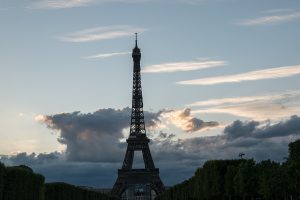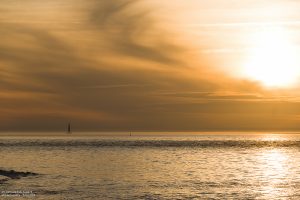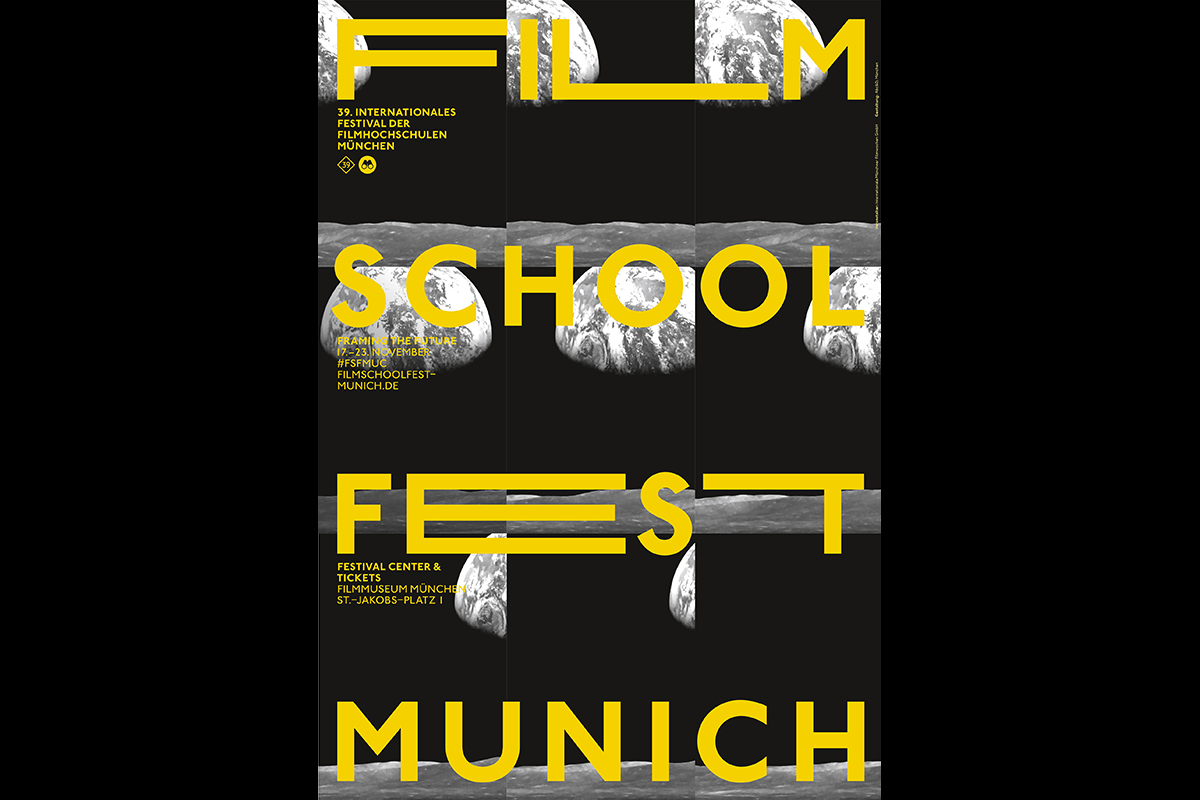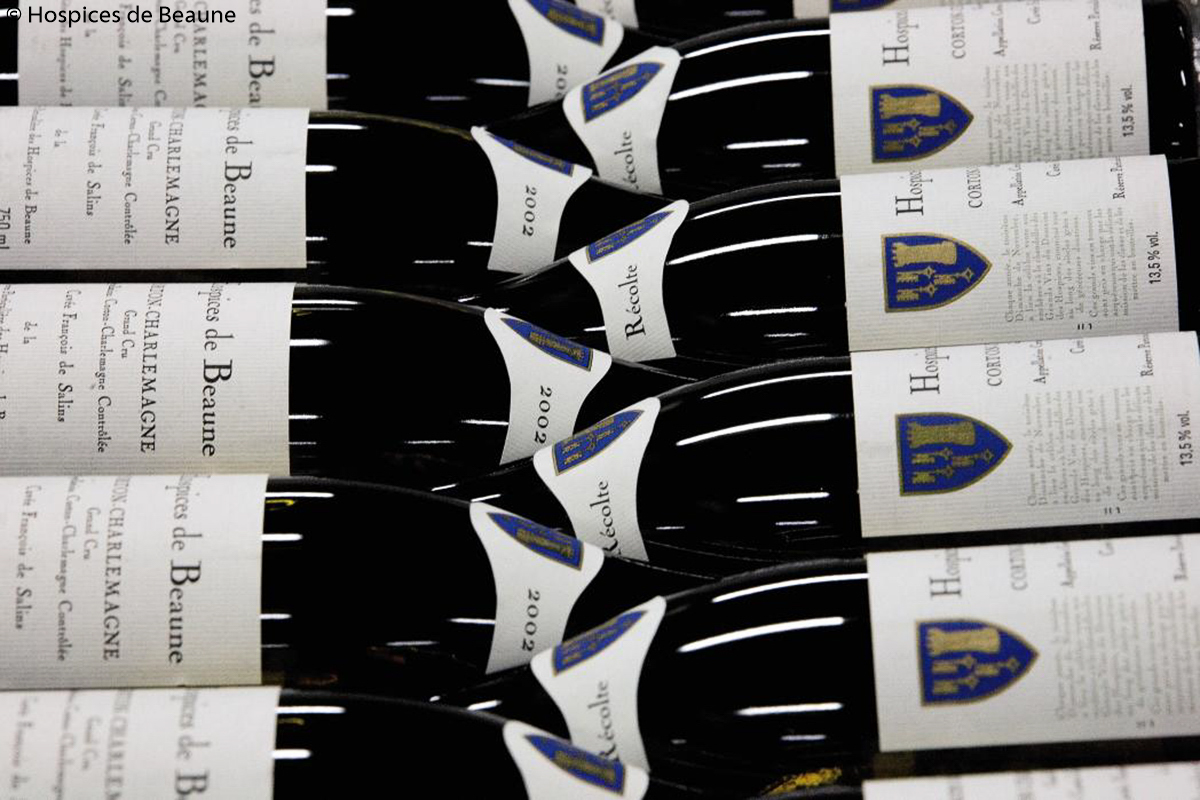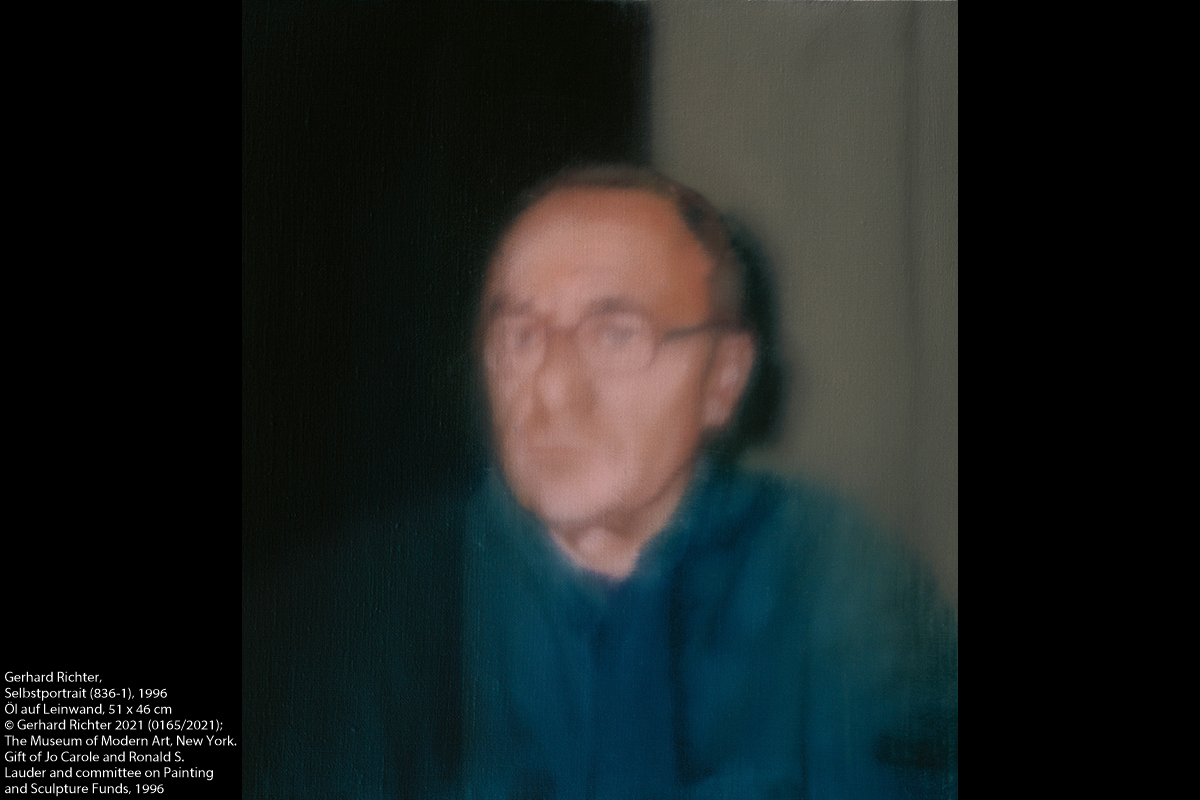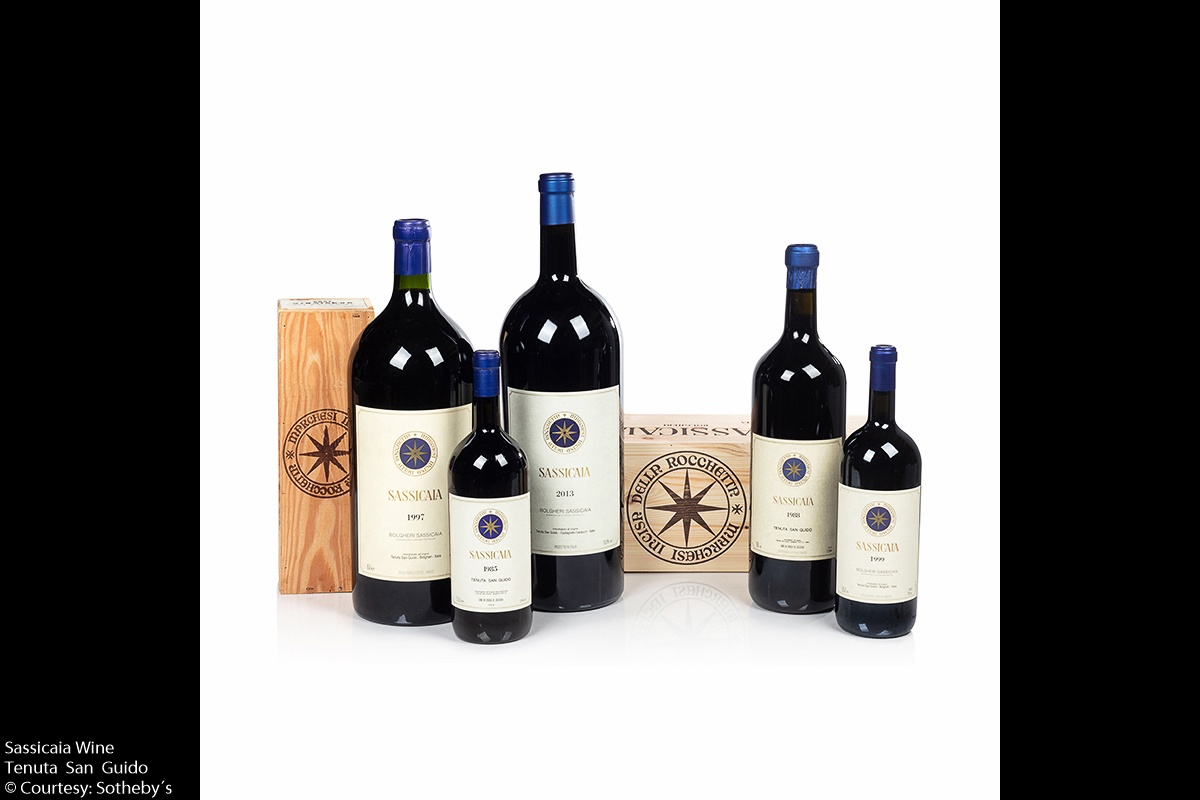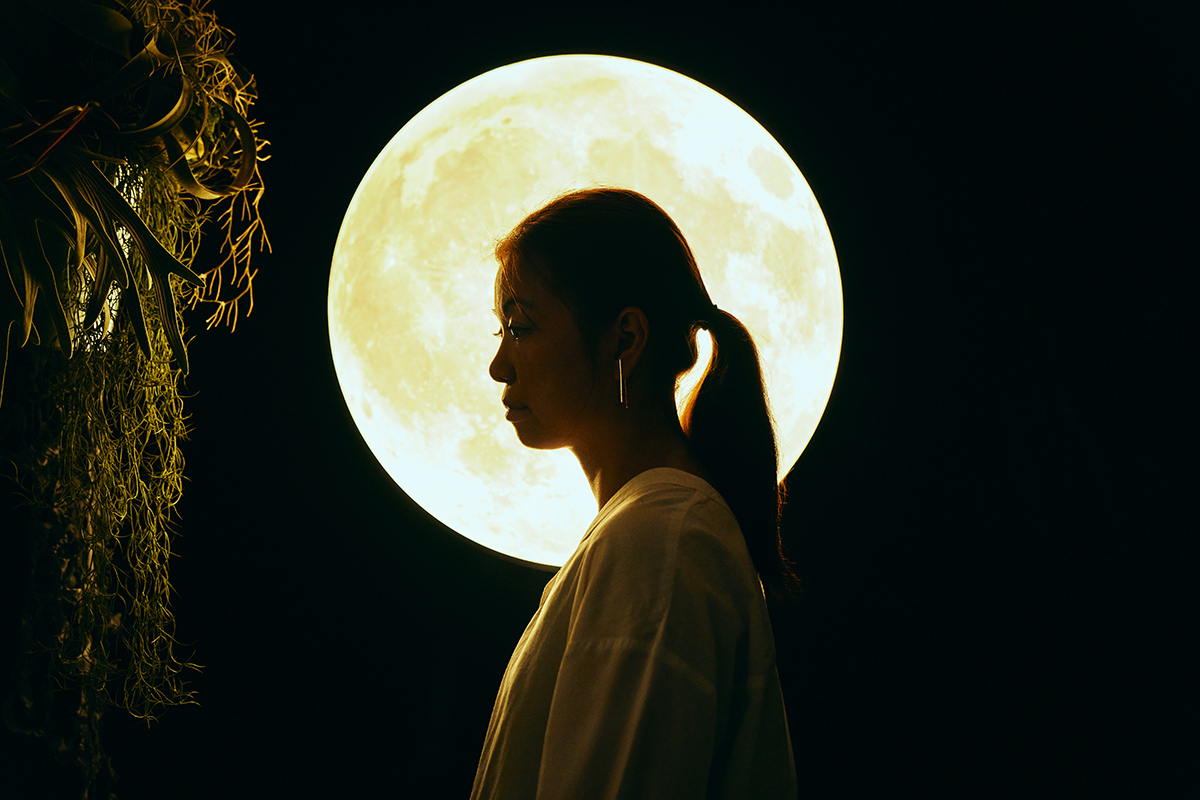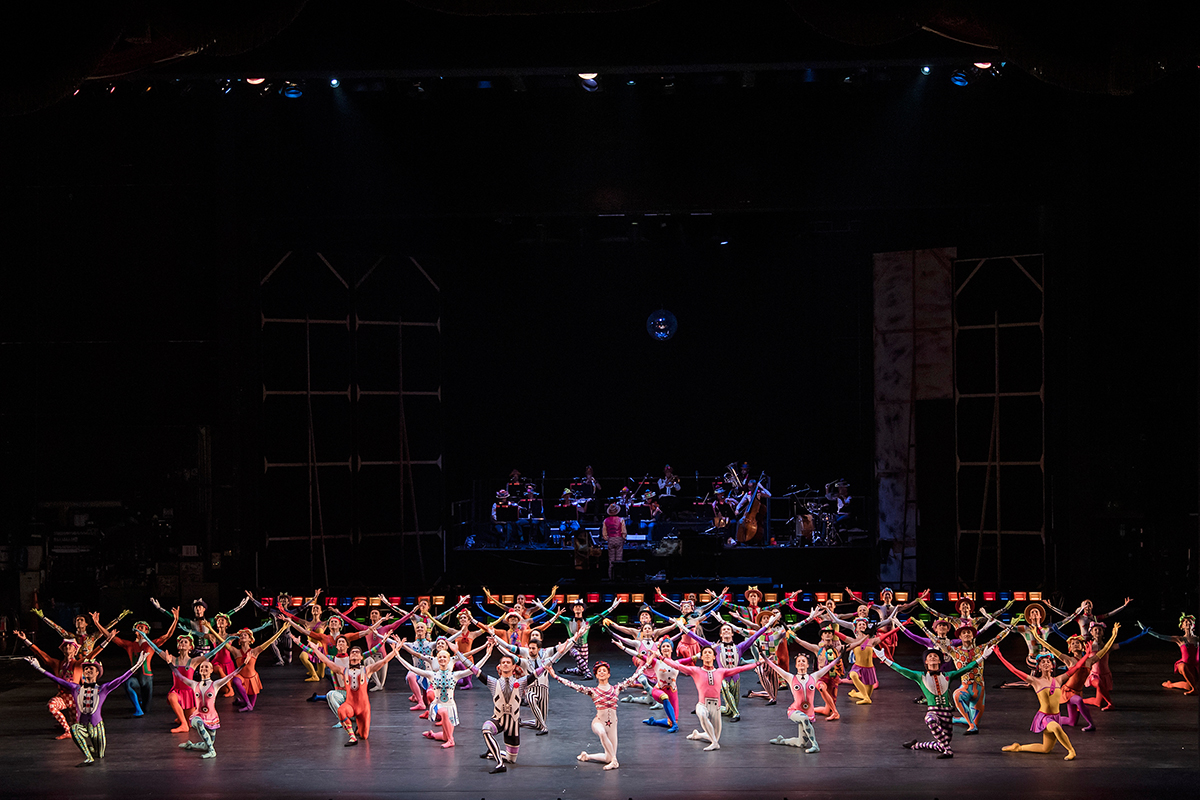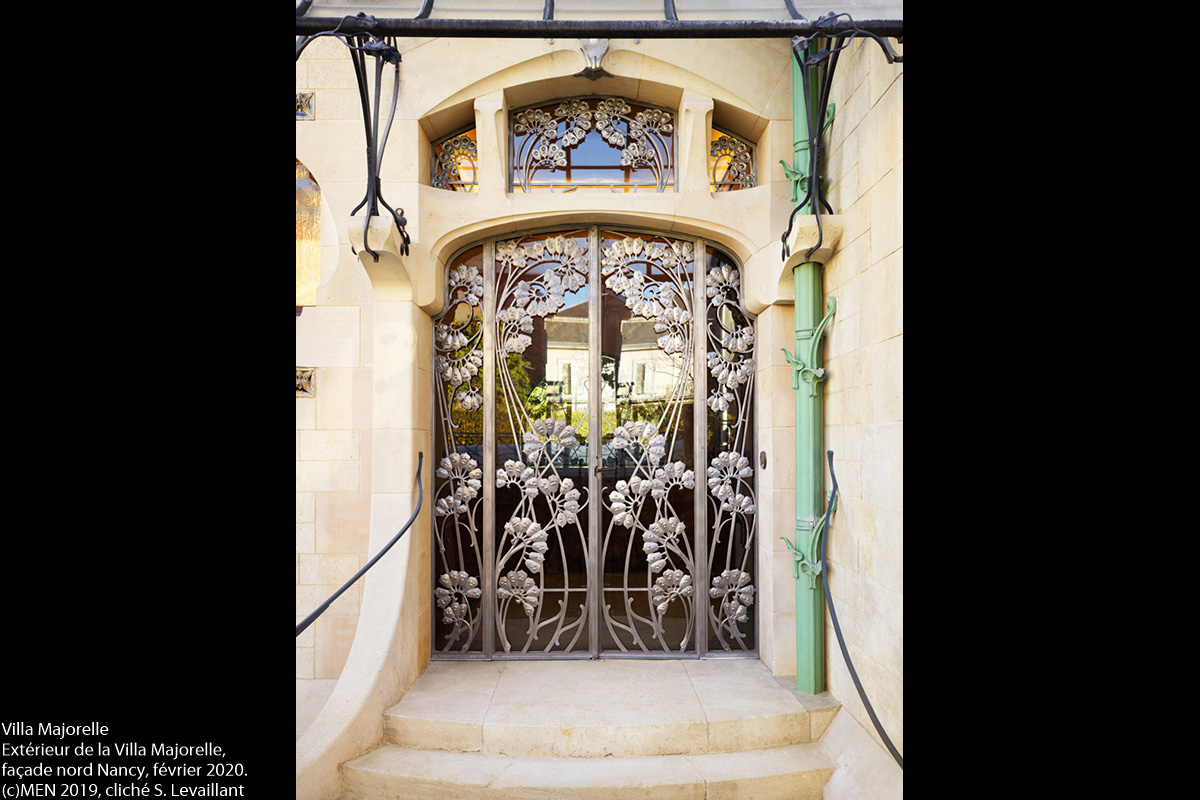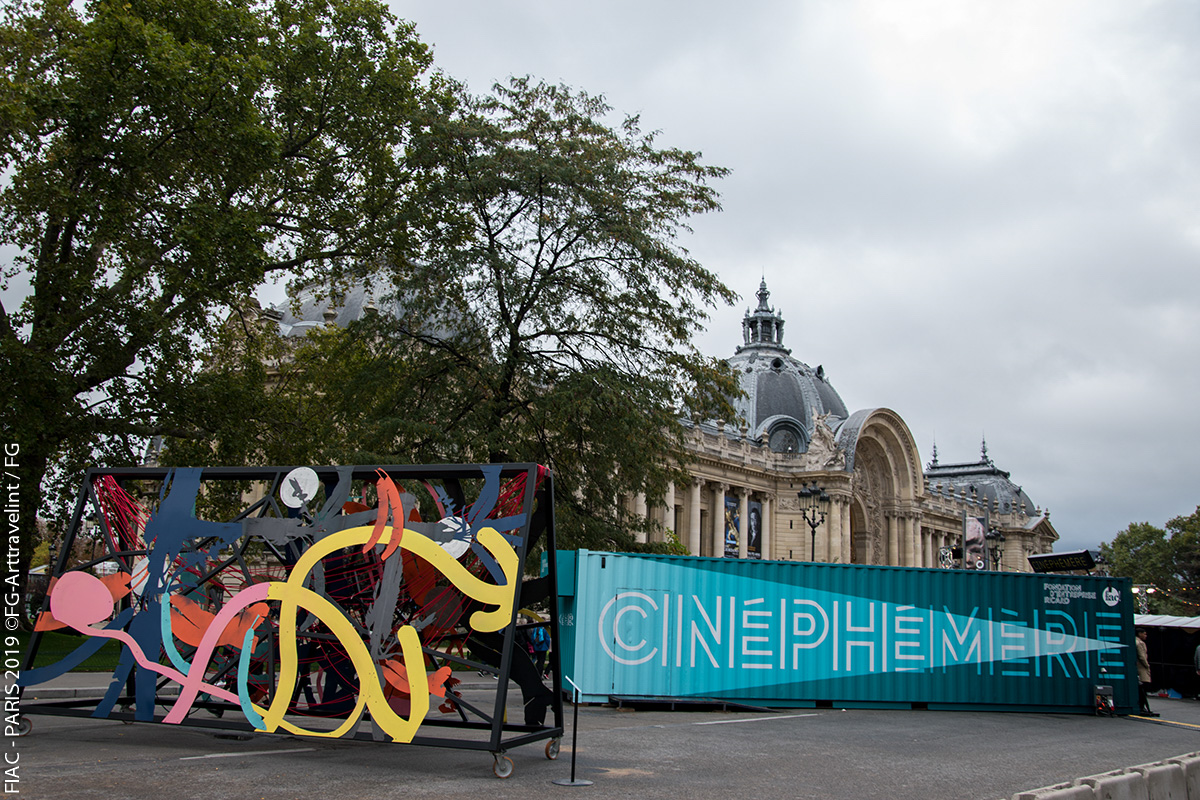“Framing the Future”
At the 39th FILMSCHOOLFEST MUNICH, film students from 23 countries will present their short films. From November 17 to 23, 2019, the Munich Filmmuseum will showcase 42 diverse, outstanding student films from around the world.
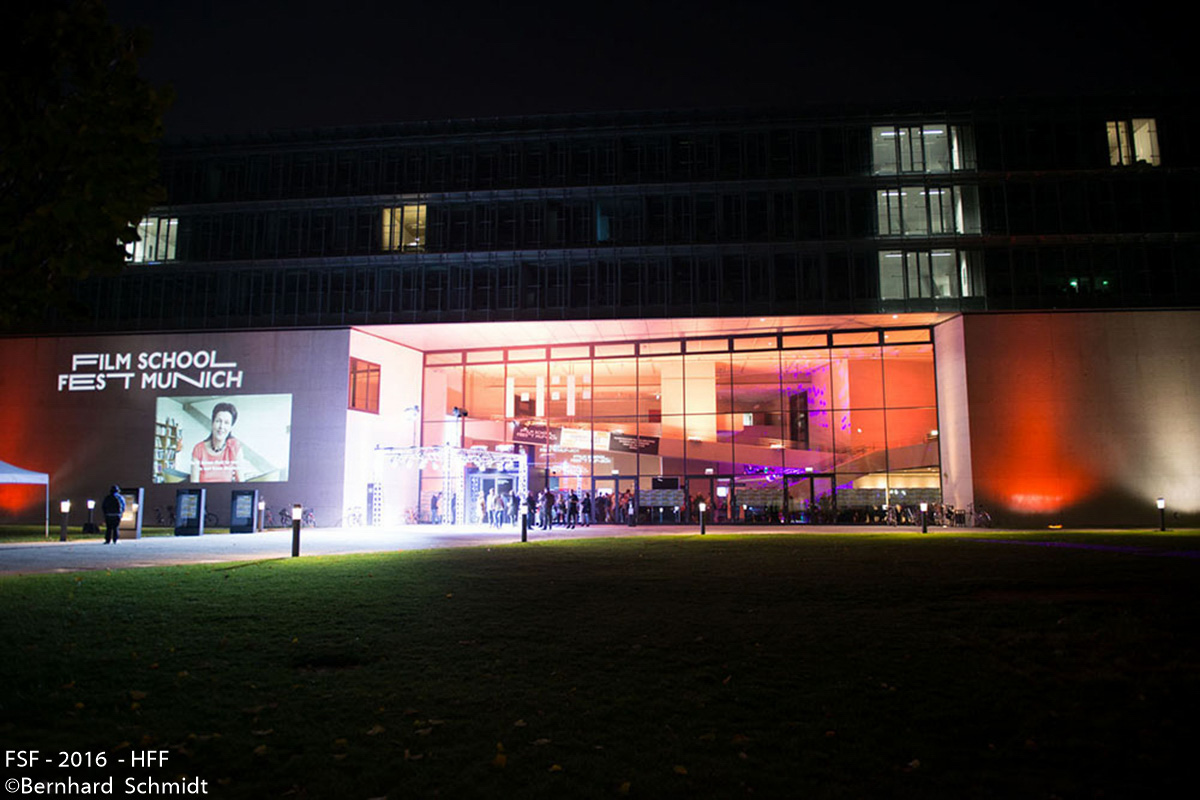
The motto of this year’s festival is “Framing the Future”. It asks the question(s): How do we see the future? And how can (short) films make it possible to visualize the opportunities and dangers the future holds? These works by young directors make use of a great variety of themes, ideas, and visual techniques.
42 films from 23 countries and 34 film schools have been deemed eligible for competition this year by the selection committee (comprised of Leonie Stade, Neven Samardžić, and Egle Cepaite), including 28 feature films, nine documentaries, and five animated films. They come from Australia, Austria, Belgium, Canada, Denmark, Ecuador, Finland, France, Germany, Hong Kong, Hungary, India, Israel, Myanmar, the Netherlands, Norway, Singapore, Slovakia, Spain, Sweden, Switzerland, Turkey, and the United States. The thematic diversity represented by these short and medium-length films is no less broad than their geographic spectrum.
“Youth is on the move, particularly in urban streets and public squares at the ‘Fridays for Future’ demonstrations. But in cinemas as well, more and more fresh, young voices are being heard that aren’t just after entertainment, but that refer to current affairs in an intelligent and informative way. Film students from around the world are using their short films to address the conflicted times we live in and in doing so are often identifying a political dimension to people’s private lives. I’m very pleased that we’ve been able to invite a lot of the young directors to Munich. In this way, they can introduce their films in person and discuss them directly with audiences,”
festival director Diana Iljine.
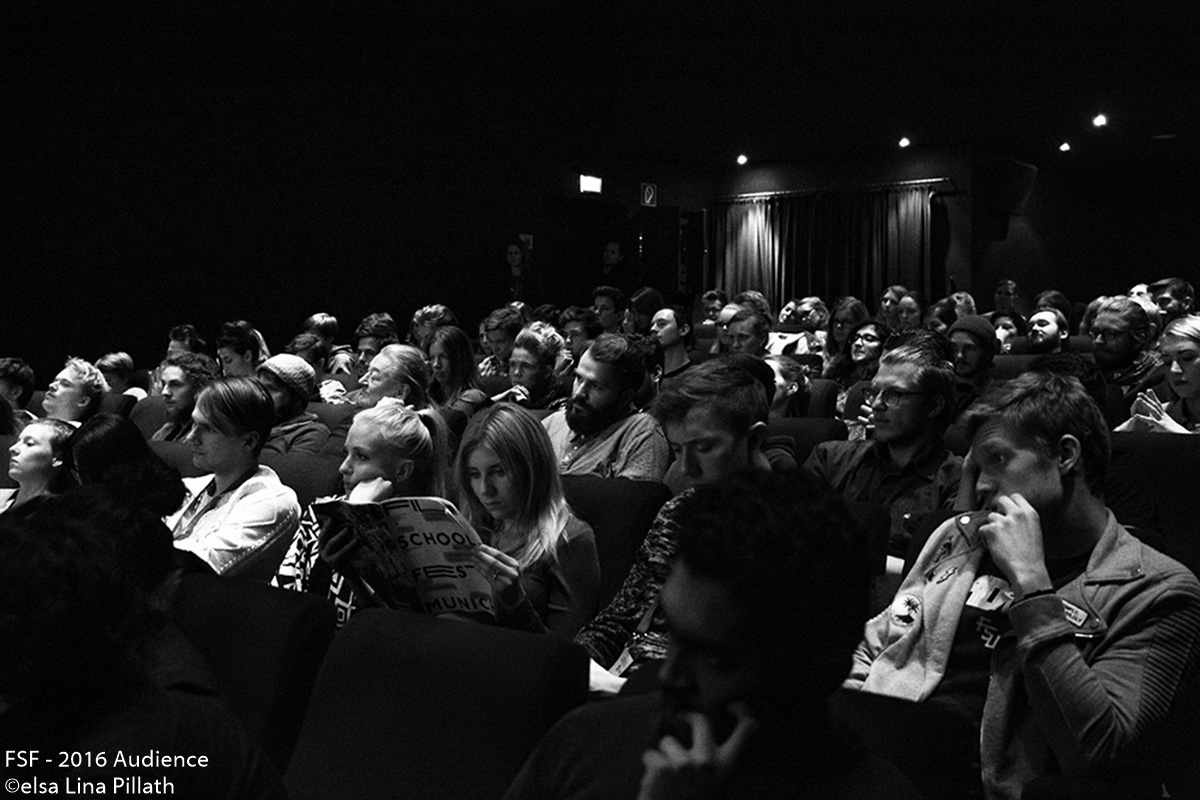
THE FILMS IN COMPETITION
Female self-confidence
On one thing, lots of the short films seem to be in agreement: ‘The future is female.’ Old norms and behavior patterns are broken down; new accepted realities are gradually forming in their place. It starts in childhood, as, for example, in “Wedding Night” from Finland, in which the wedding of two dolls does not exactly proceed in a traditional way. ‘It’s never too early’ is also the motto of the gang of girls in “She-Pack” from Norway who terrorize an indoor swimming pool and the men who are there. Standing up resolutely to injustices and infringements is something that more than a few films advocate. Very specifically, for example, in the form of the protagonist in “Grey Zone”, who is sexually harassed out in the open and who decides not to just let everything return to normal, but to confront the culprit. Yet more subtle societal mechanisms of repression are illuminated. “Inside Me” takes a poetic, yet unsentimental look at the topic of abortion, while “Upper Lip” and “Sara’s Intimate Confessions” deal in an utterly humorous way with young women’s creative and self-confident approach to stubborn ideals of beauty and the expectations of society.
Our dear parents
Our parents shape our behavior, for better or for worse. One’s relationship to one’s parents in the here and now, but also the way one relates to an absent mother or father later on as an adult, offer a basis for a variety of narratives. The death of a parent of course represents a fundamental change that creates completely new challenges for children — such as in “Rock Out” from Belgium and “Distance” from China, in which a deceased mother returns as a ghost. In “The Opposite of Love Is Not Hate”, three siblings whose mother has just died help each other to come to terms with their traumatic childhood. “Jupiter” by HFF München shows that emancipation from one’s family can be achieved while the family is still alive — and that this emancipation is sometimes necessary to one’s own survival. Yet expressed, too, are the bonds we share with our parents. In “Blackwood”, for example, indigenous roots form a bond between mother and son; in “Paper Bird”, father and daughter help each other along in their difficult lives. And while Pepa, the single mother in “Ama”, lovingly makes sacrifices for her young daughter, the grown son in “All That’s Left” agrees to care for his mentally ill mother. Two documentaries from the Far East describe complex generational conflicts that, among other things, stand for broader societal developments: “Ships Outside My Window” from India and “The Hongkongers”. The Israeli short film “Fine” offers a humorous kind of generational conflict. Finally, the documentary film “Seeds of Deceit” from the Netherlands looks at the relationship between mothers and their children under particularly extreme circumstances. A fertility doctor impregnated lots of women with his own semen and without their knowledge, which only came to light many years later.
Back to the present
This films in this year’s program don’t ignore reality. “Armed Lullaby” and “A Siege” deal with escape from, and life in, areas beset by civil war. “Ghazaal” is about an Afghan girl coming of age in a Turkish refugee camp. Meanwhile, in Myanmar, young Thant Zin tries to cope on his own as a “Lost Boy” in the city of Yangon. And even the privileged are forced to look in the mirror — or at their smartphone: “24’58 on the Way to Dulpokanova” confronts us with our fatalist indifference to global catastrophes. The German feature film “Kippah” depicts a school as a microcosm of an entire society that tolerates or ignores anti-Semitism.
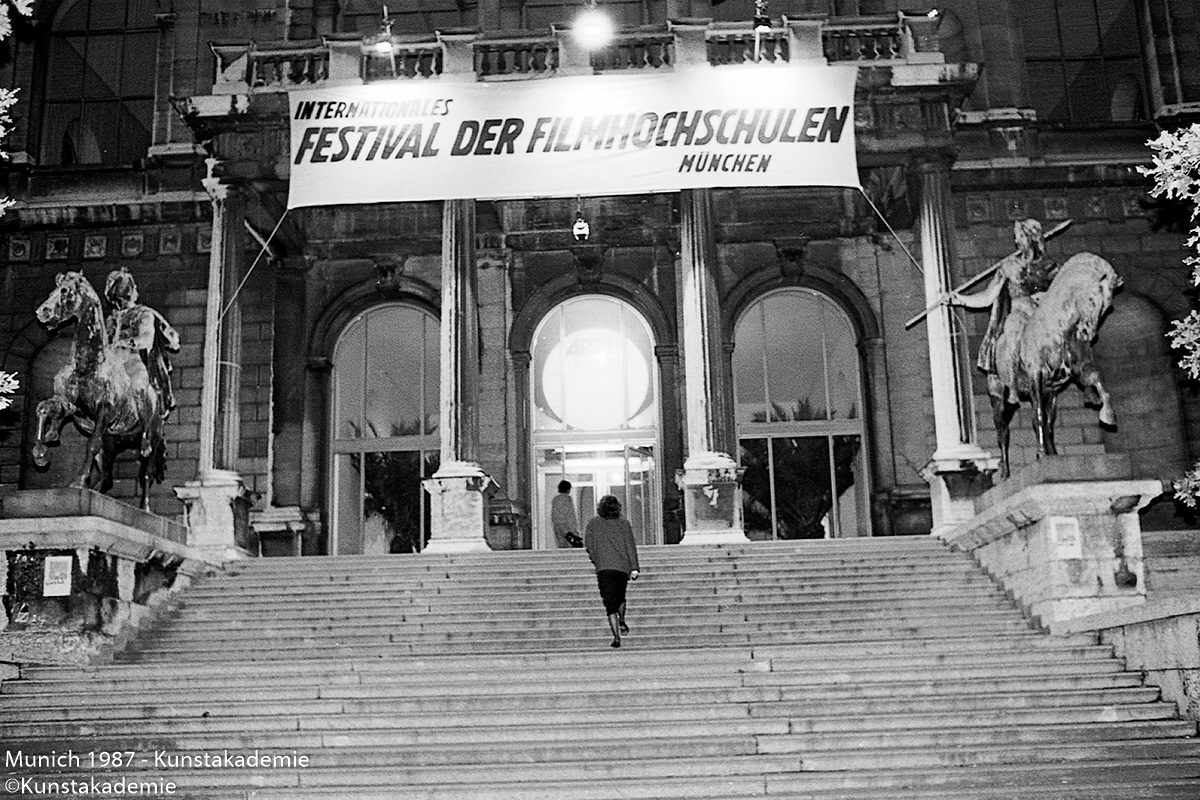
THE AWARDS
There’s a total of 56,500 euros to be awarded, thanks to our long-time sponsors: VFF Verwertungsgesellschaft der Film- und Fernsehproduzenten mbH, ARRI Arnold & Richter Cine Technik, the family of producer Luggi Waldleitner, Film & TV Kamera, zweiB GmbH, arte, Interfilm Akademie, Freundeskreis Filmfest München, and Freundeskreis Wolfgang Längsfeld e.V. The awards will be presented as part of the closing ceremony on November 23.
The two special competitions, “Hofbräu Trophy” (Staatliches Hofbräuhaus in München) and “Climate Clips Award” (Nagelschneider Stiftung), both enjoy a long tradition. These awards will be presented during the opening ceremony on November 17.
HFF FILM SCHOOL LECTURES
On two mornings at 11 a.m., FILM SCHOOL LECTURES will be held in English, in cooperation with HFF München, the University of Television and Film Munich, at the HFF (Bernd-Eichinger-Platz 1, Red Cinema). Admission to these fringe events is free of charge. On November 19, Anja Metzger, head of FilmCommission Bayern, will give a presentation titled “Bavaria! Film! Producing!” on Bavaria as a film location, and will discuss what subsidies are available for international productions. On November 21, in a talk titled “Drinks with Don Draper. The Art of World-Building”, film producers Oliver Simon and Oda Schaefer of K5 Film / International will discuss how to create a universe without it collapsing two days later.
HFF SPECIALS (not in competition)
Bookending the international competition program of FILMSCHOOLFEST MUNICH are two HFF Specials, which present current productions from HFF München.
- HFF Special 1: Monday, Nov. 18, 2019, 12:00 noon, Filmmuseum
- HFF Special 2: Saturday, Nov. 23, 2019, 12:00 noon, Filmmuseum
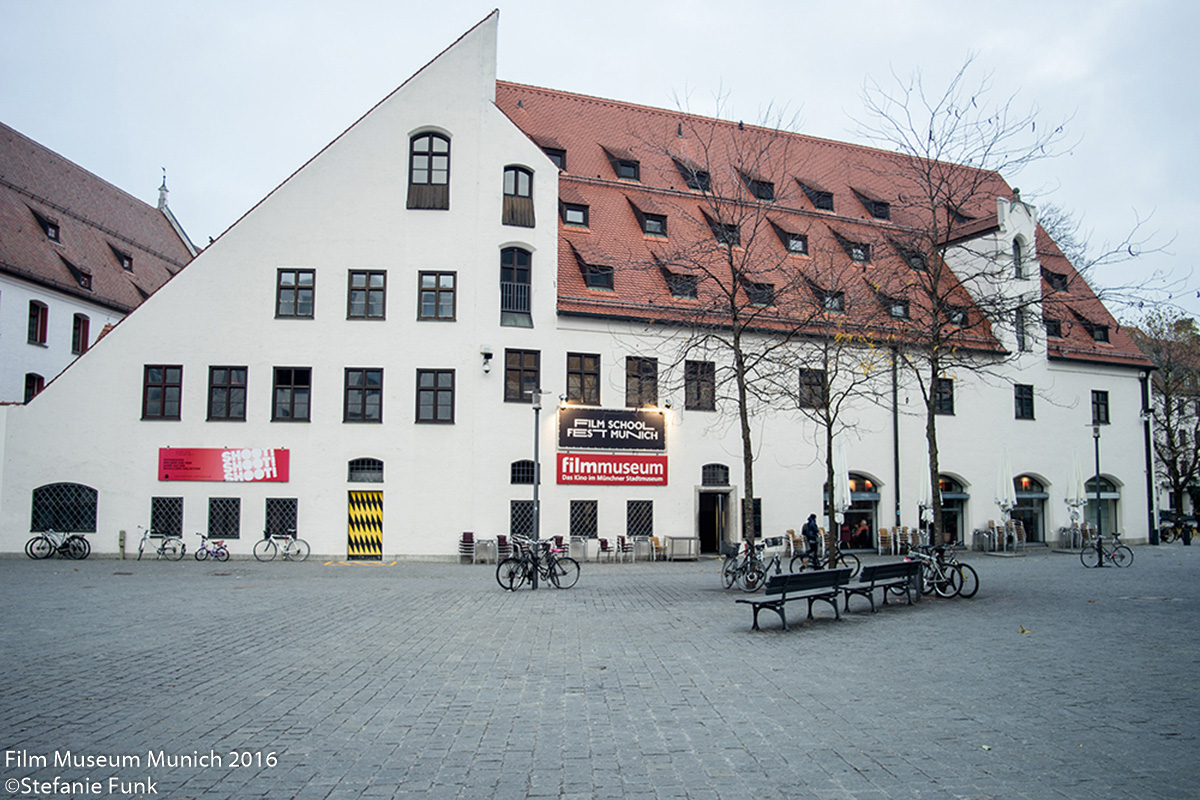
The opening of the 39th FILMSCHOOLFEST MUNICH will be held at HFF München on November 17. Following this, the festival films will be shown in ten different sets at Filmmuseum München, St.-Jakobs-Platz 1, from November 18 to 23.
The complete festival program can be found online here.
The complete printed program is available as e-paper and will be included in issue 22/2019 of the free magazine In München.
Tickets will be available at the festival box office at the Filmmuseum (1st floor) starting on November 17. Detailed information: Tickets.
